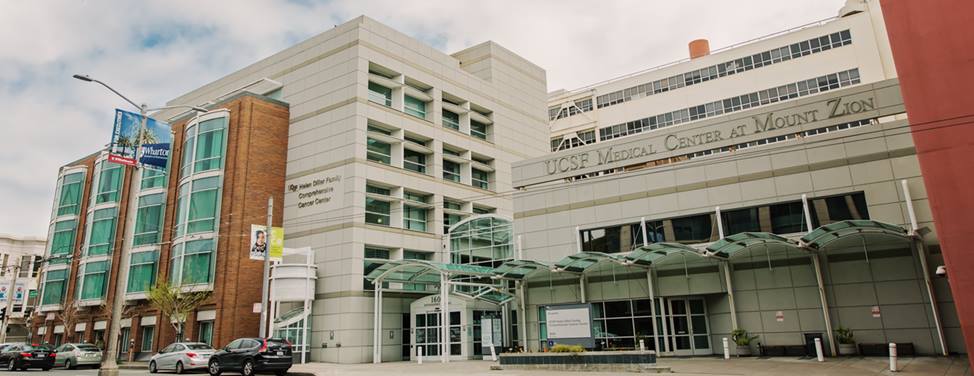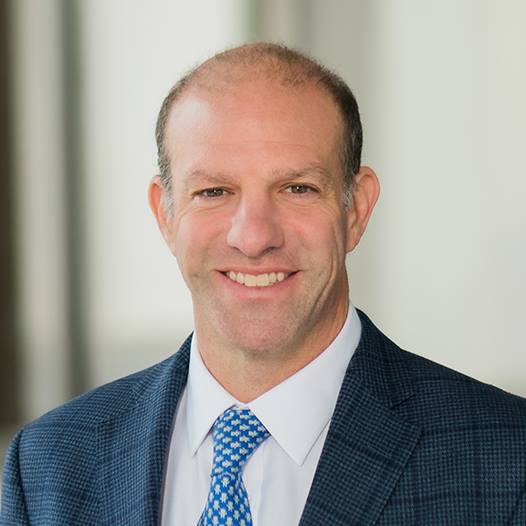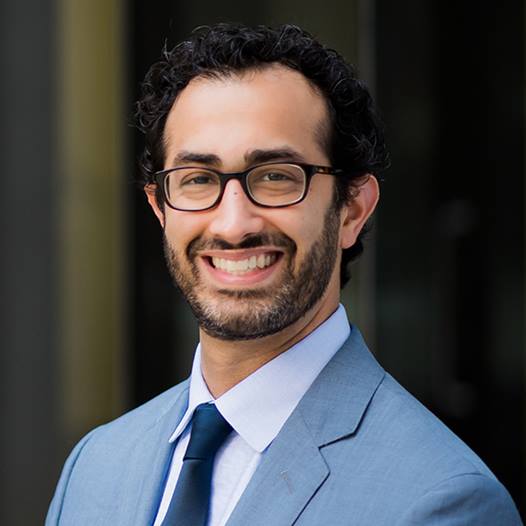Lines and creases develop on our faces as the natural collagen in our skin begins to thin and weaken. This process is due to aging, exposure to sun, disease, injury, heredity and lifestyle. Collagen provides skin with texture, resiliency, elasticity and shape. It is the most abundant natural protein found in humans and animals, and provides structural support to skin, muscle, tendons and bone. Fibers of collagen are woven together like threads in fabric to form a framework into which new cells grow.

Collagen Replacement
Collagen replacement therapy is a safe, non-surgical procedure that replenishes depleted collagen by injecting skin with highly purified bovine (cow) collagen. This collagen is so similar to human collagen that your body will readily accept it as its own. Our facial plastic surgeons use Zyderm and Zyplast collagen implants, which have been rigorously studied in clinical trials and approved by the Food and Drug Administration (FDA) for facial cosmetic procedures.
Collagen replacement therapy can help:- Fill out wrinkles and scars
- Plump up sunken areas
- Smooth facial lines such as crow’s feet, frown lines and smile lines
- Enhance the lip border and lip’s fullness
Preparation
If you are considering collagen replacement therapy, you will first meet with a facial plastic surgeon for a consultation. Please come to your initial visit with information about your medical history, including previous surgeries, present and past health problems, and any medications, vitamins or nutritional supplements you are taking or have taken at some time.
Your surgeon will assess your medical health, and ask you to point out the areas of your skin that you would like improved. He or she will then carefully examine your skin to determine the best collagen replacement therapy to meet your needs. The treatment is not recommended for some lines and scars, or if you have certain medical conditions.
During the consultation, your surgeon will also conduct a "skin test," during which a small amount of collagen is injected into your forearm to be sure that you are not allergic to it. We require that you have two skin tests within a one month period (two weeks apart). Allergic reactions can cause itching, redness and other symptoms.
If you decide to have collagen replacement therapy and are a good candidate, your surgeon will explain the technique that will be used, the type of facility where the treatment will be performed and the risks and costs involved. Be sure to ask your surgeon any questions you may have, and express your concerns and expectations related to the surgery. Your will also be provided with specific guidelines on how to prepare for your procedure.
Procedure
Collagen replacement therapy can be performed in your facial plastic surgeon’s office-based surgical suite and only takes between 30 to 60 minutes. The procedure is relatively painless, and allows you to return to your normal activities immediately afterwards.
During the procedure, your surgeon will use a tiny needle to inject collagen into the targeted areas. Collagen is mixed with a local anesthesia, which numbs the area being treated and reduces any pain or discomfort. Depending on the length and depth of the creases being treated, several injections may be required.
Recovery
After receiving collagen injections, you may experience some minor and temporary bruising.
If you experience any unusual symptoms between treatments, or have any questions or concerns, please do not hesitate to call your surgeon’s office.
Follow-Up
Results are immediately apparent; however, it is important to note that these improvements are not permanent. Just as your skin’s natural collagen begins to wear, so will the collagen you receive through injections. In order to maintain the improved appearance of your skin, you will need to have touch-up injections within three to six months after your original treatment, and continue to receive treatments every three to six months.
UCSF Health medical specialists have reviewed this information. It is for educational purposes only and is not intended to replace the advice of your doctor or other health care provider. We encourage you to discuss any questions or concerns you may have with your provider.











